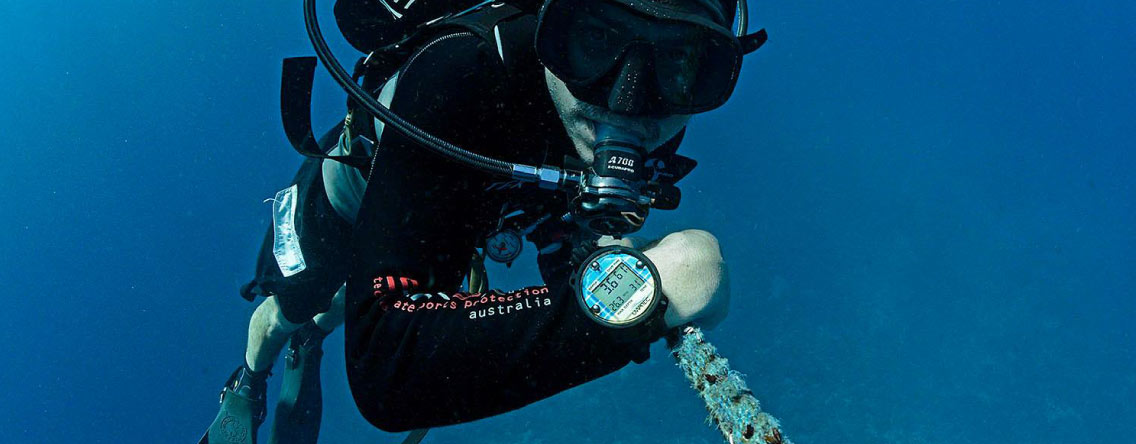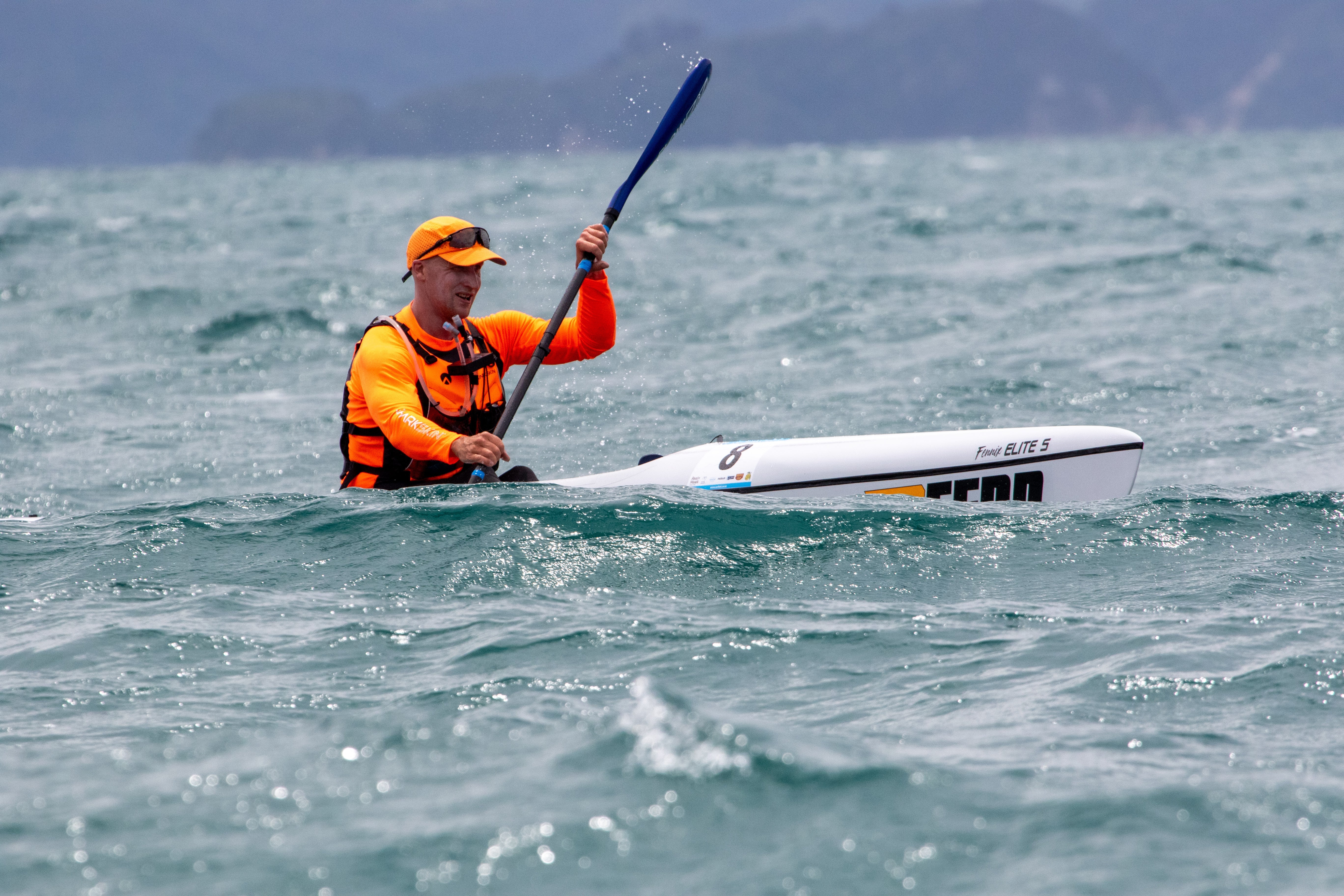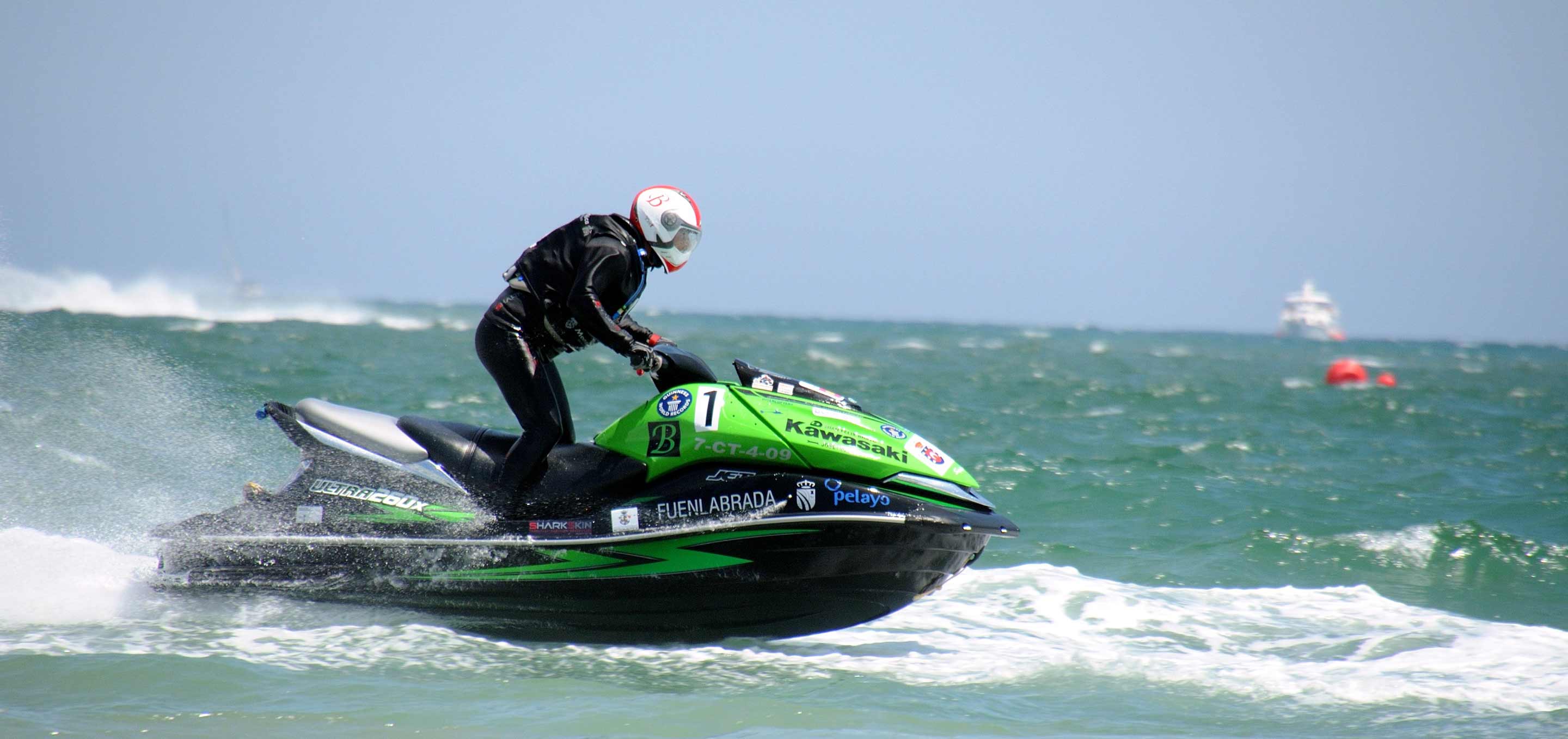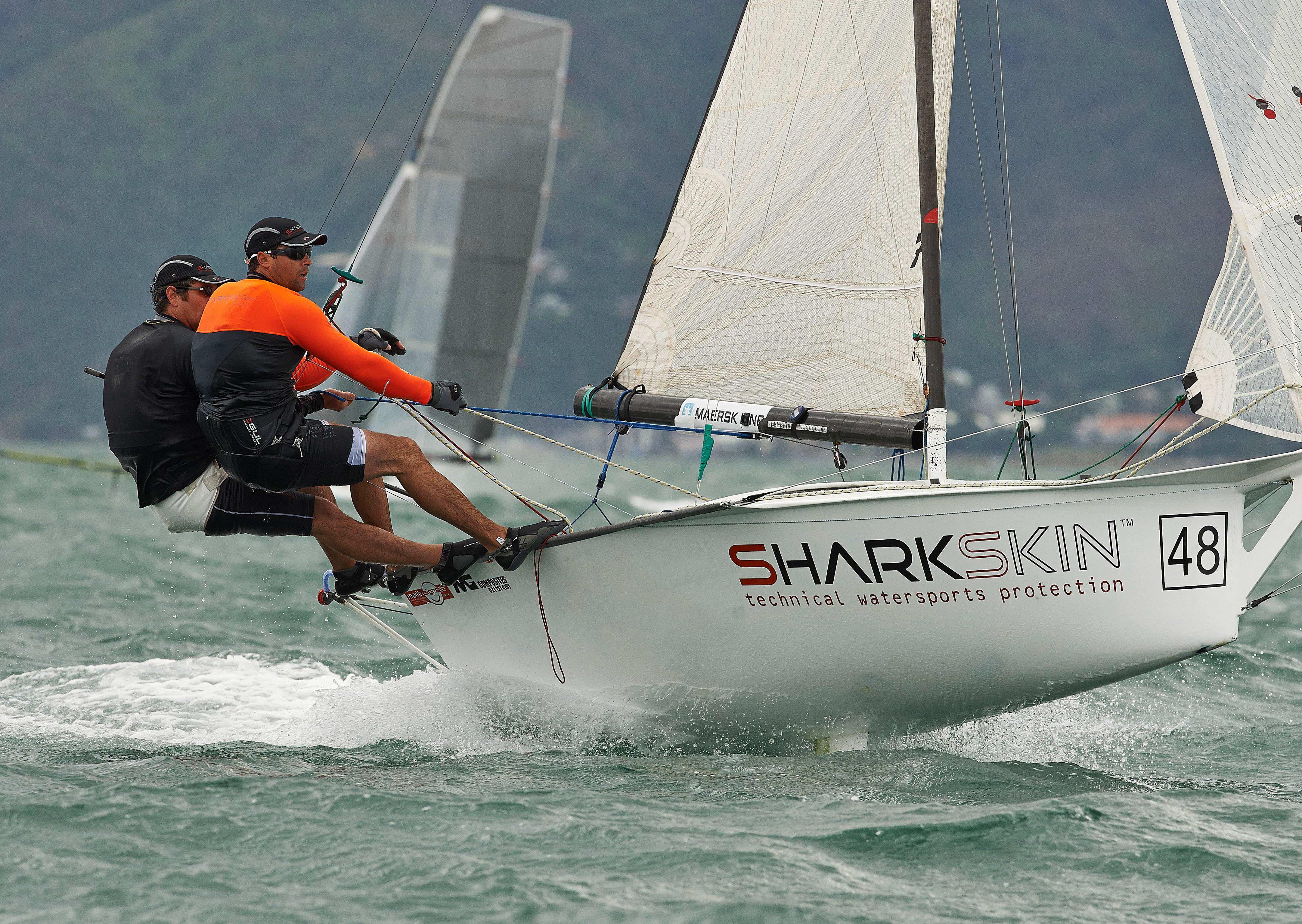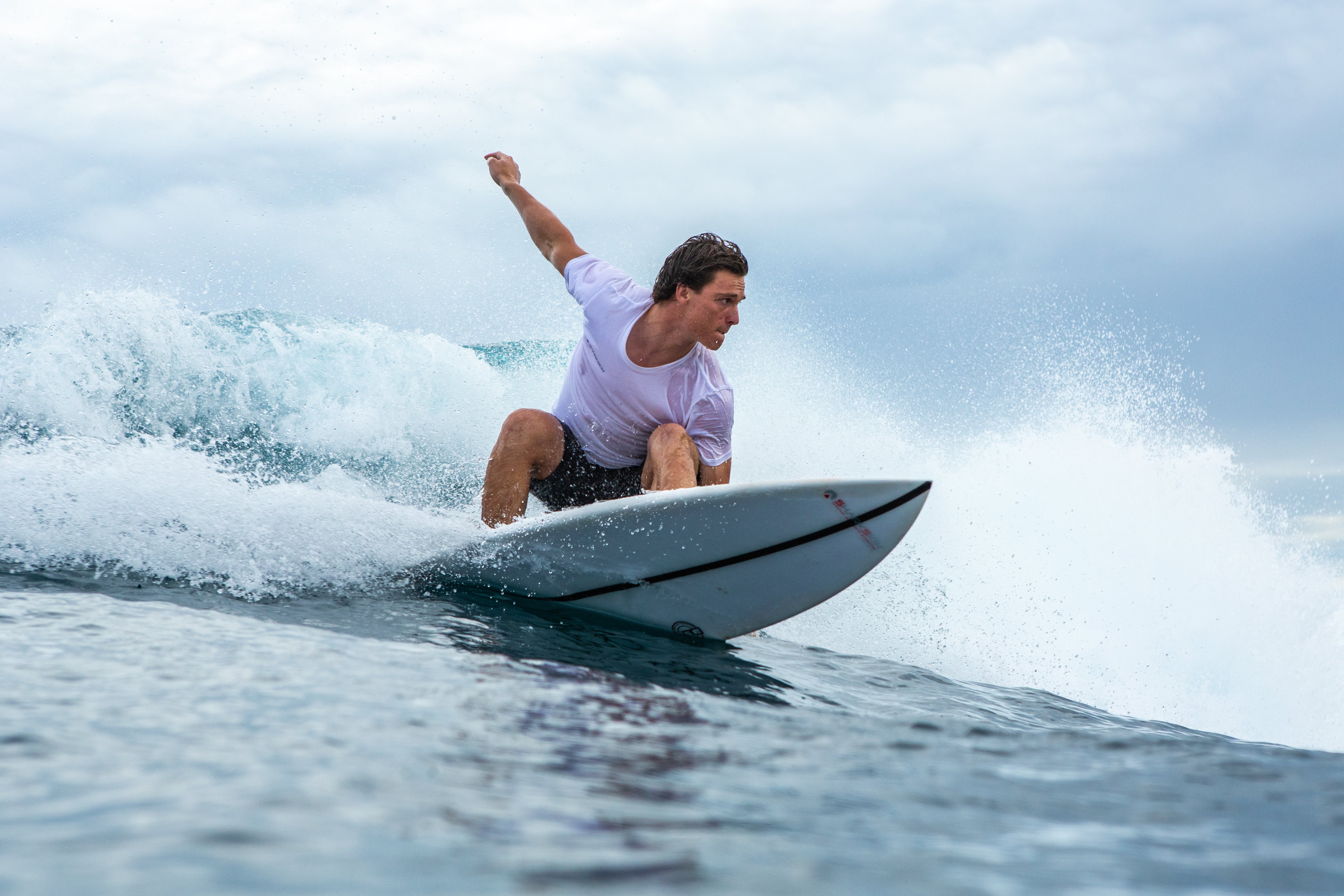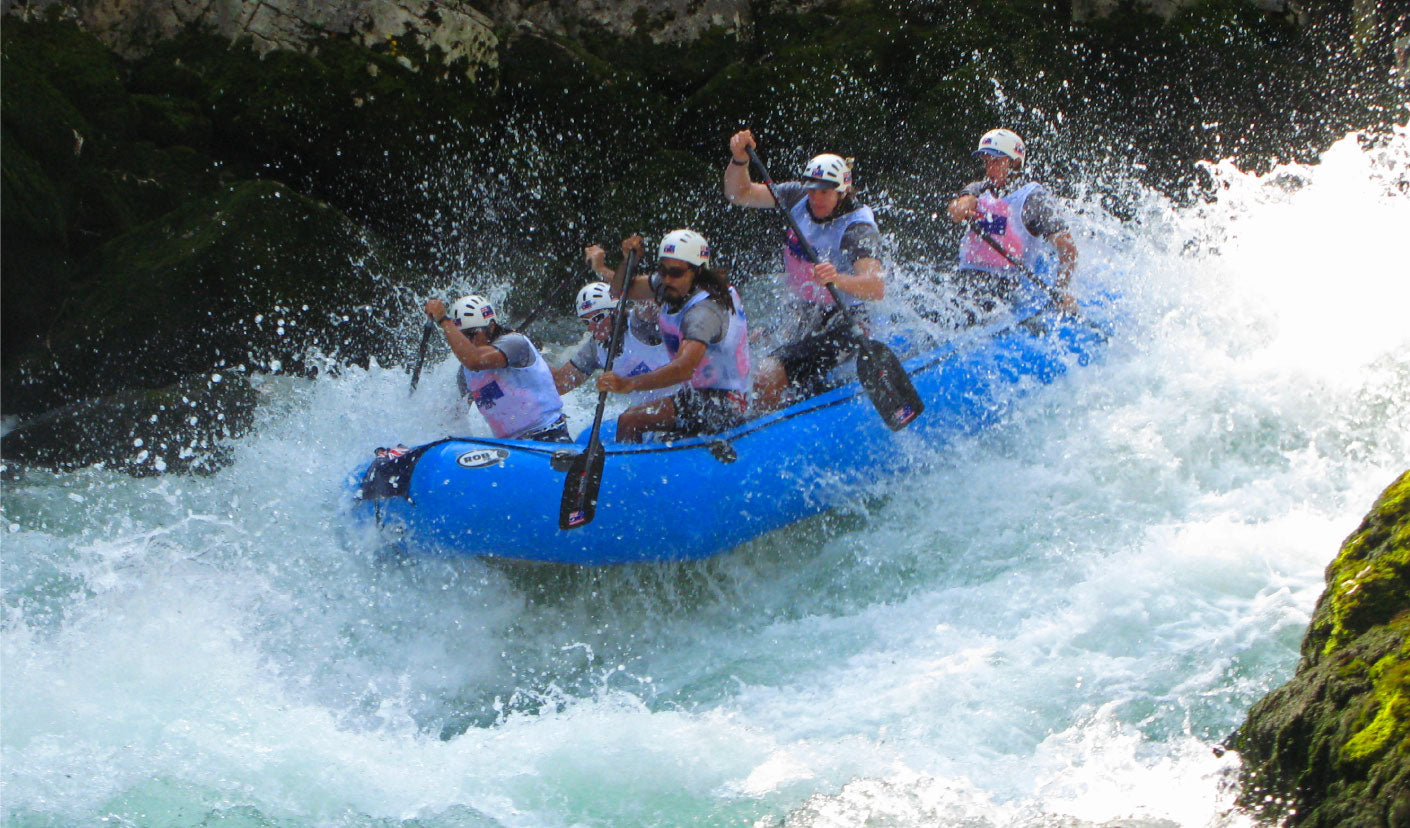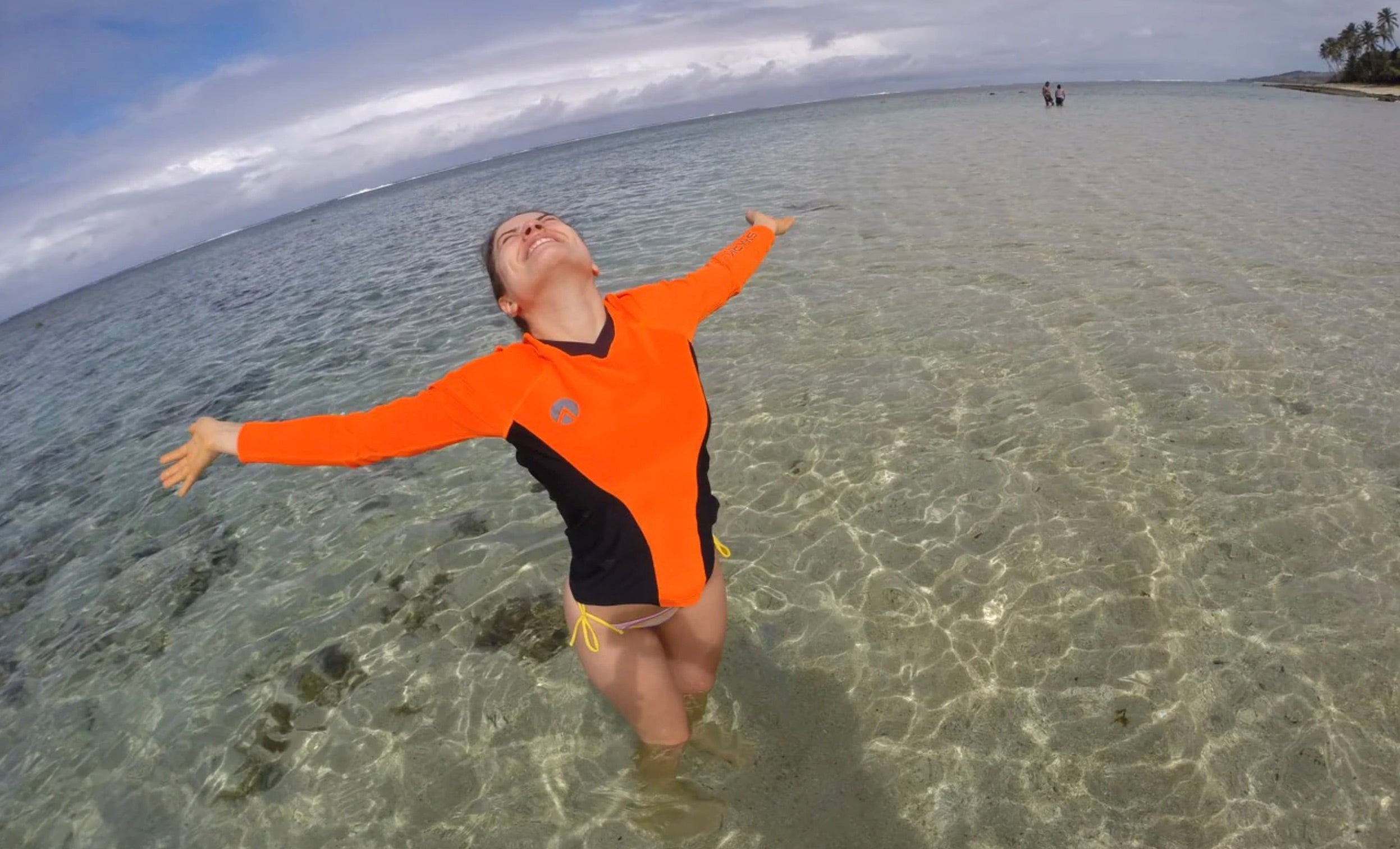Exploring the Depths: A Guide to Scuba Diving for Beginners

Scuba diving, an adventure that takes you into the fascinating world beneath the ocean's surface, is an experience unlike any other. In this guide, we'll explore everything a beginner needs to know about scuba diving, from its basics to obtaining certification, specifically tailored for our Australian readers.
What is Scuba Diving?
Scuba diving is a form of underwater diving where divers use a self-contained underwater breathing apparatus (SCUBA) to breathe underwater. Unlike snorkeling or free diving, scuba diving allows you to stay submerged for extended periods and explore deeper waters.
How to Scuba Dive
- Get Educated: Begin with a certified scuba diving course and ask questions to ensure you fully understand the material
- Choose the Right Gear: This includes a diving suit, mask, fins, and a SCUBA unit. Consider getting your own gear once you gain more experience.
- Understand Safety Protocols: Learn about managing air supply, buoyancy control, and eliminating mask fog during underwater navigation
- Practice in a Controlled Environment: Start in a swimming pool or a shallow bay, where you can master basic scuba diving skills.
- Graduate to Open Water Dives: Under supervision, start exploring open water sites and be aware of the depth and your surroundings at all times
Age Requirements for Scuba Diving
In Australia, the minimum age to start scuba diving is generally 12 years. However, some organizations offer junior programs for children as young as 8 in a confined water setting.
Flying After Diving: The Safe Interval
It's recommended to wait at least 18-24 hours after diving before flying. This precaution is to avoid decompression sickness, a risk caused by ascending too quickly from pressure environments, including when flying after diving.
How to Go Scuba Diving
- Research: Find a reputable dive center or school.
- Get Certified: Complete a certification course.
- Plan Your Dive: Choose your dive site based on your skill level.
- Check Your Equipment: Ensure all gear is in good working order.
- Dive with a Buddy: Always dive with a partner for safety.
The Mechanics of Scuba Diving
Scuba diving works by equipping divers with a tank of compressed air which they breathe through a regulator. This allows them to inhale oxygen and exhale carbon dioxide, which is vented into the water.
Risks of Flying After Scuba Diving
Flying too soon after diving can lead to decompression sickness. As you ascend, the pressure decreases, and the nitrogen absorbed by your body at depth can form harmful bubbles in your tissues and bloodstream.
Caloric Burn While Scuba Diving
Scuba diving can burn between 300 to 600 calories per hour. The actual amount depends on various factors like water temperature, currents, and the diver's body composition.
Cost of Scuba Diving
The cost varies depending on location, dive site, and the level of certification. In Australia, an introductory dive can cost between AUD 150 to 300, while full certification courses may range from AUD 500 to 900.
Getting Scuba Diving Certification
- Choose a Certification Body: Popular ones include PADI, SSI, and NAUI.
- Complete Theoretical Learning: This includes understanding basic principles and safety measures.
- Pass a Practical Test: This involves pool dives and open water dives under supervision.
- Earn Your Certification: Upon successful completion, you'll receive a certification card.
Scuba diving opens up a new realm of exploration and adventure. With the right training, equipment, and respect for safety protocols, it's an activity that offers endless excitement and learning opportunities. Whether you're gazing at the Great Barrier Reef or exploring a sunken ship off the coast of New South Wales, scuba diving promises a unique and unforgettable experience. So, take that plunge and start your underwater adventure today!




